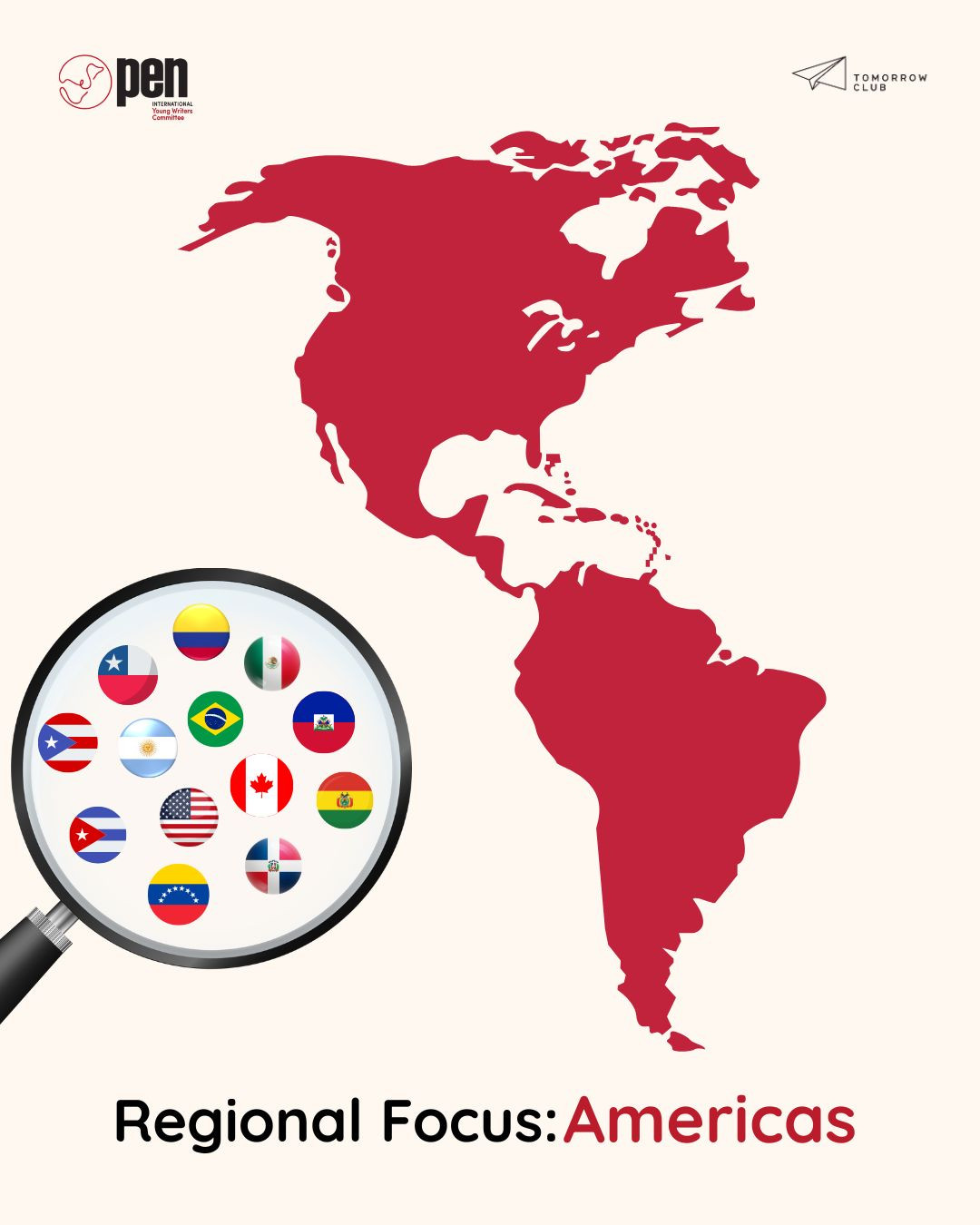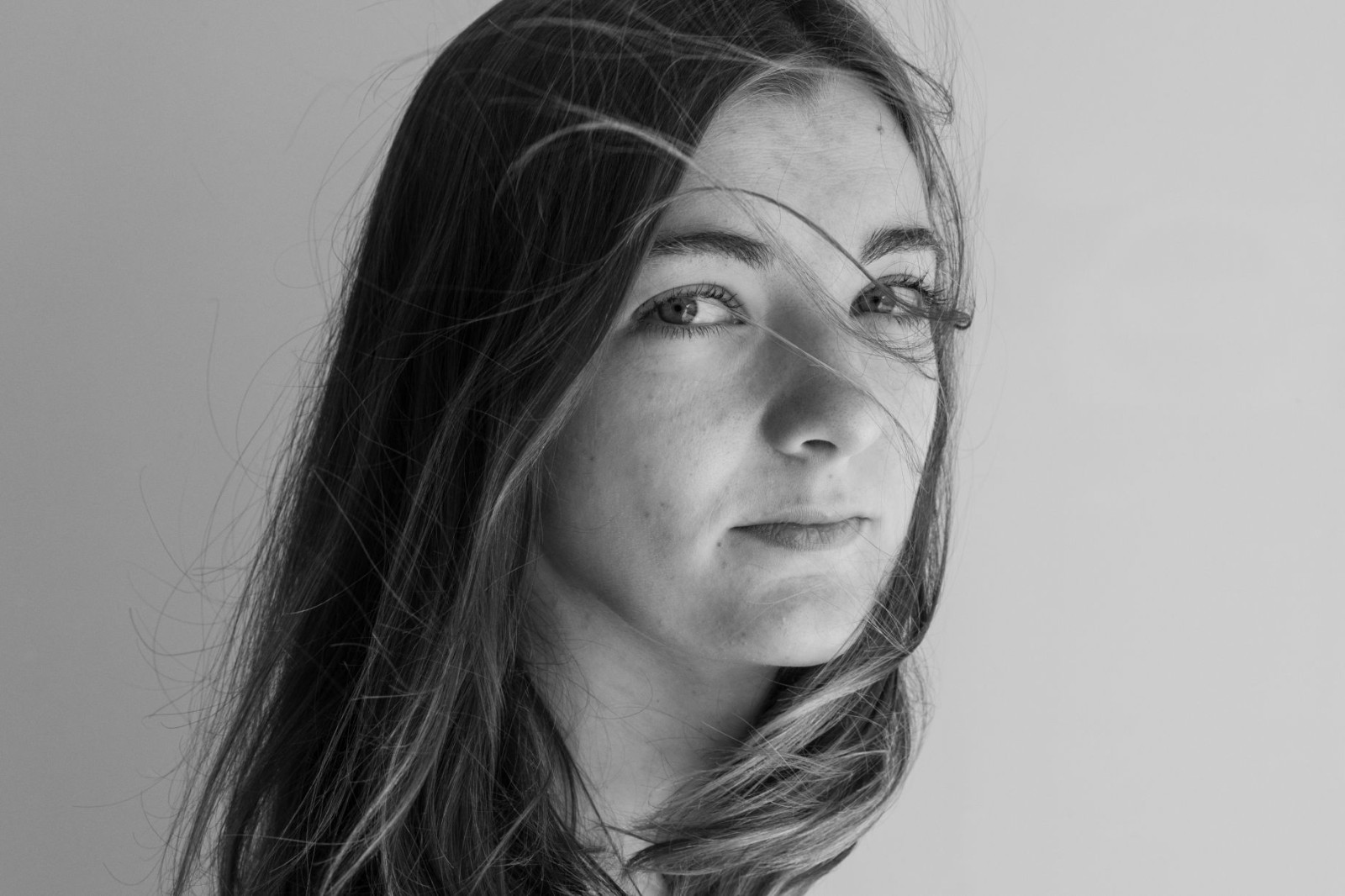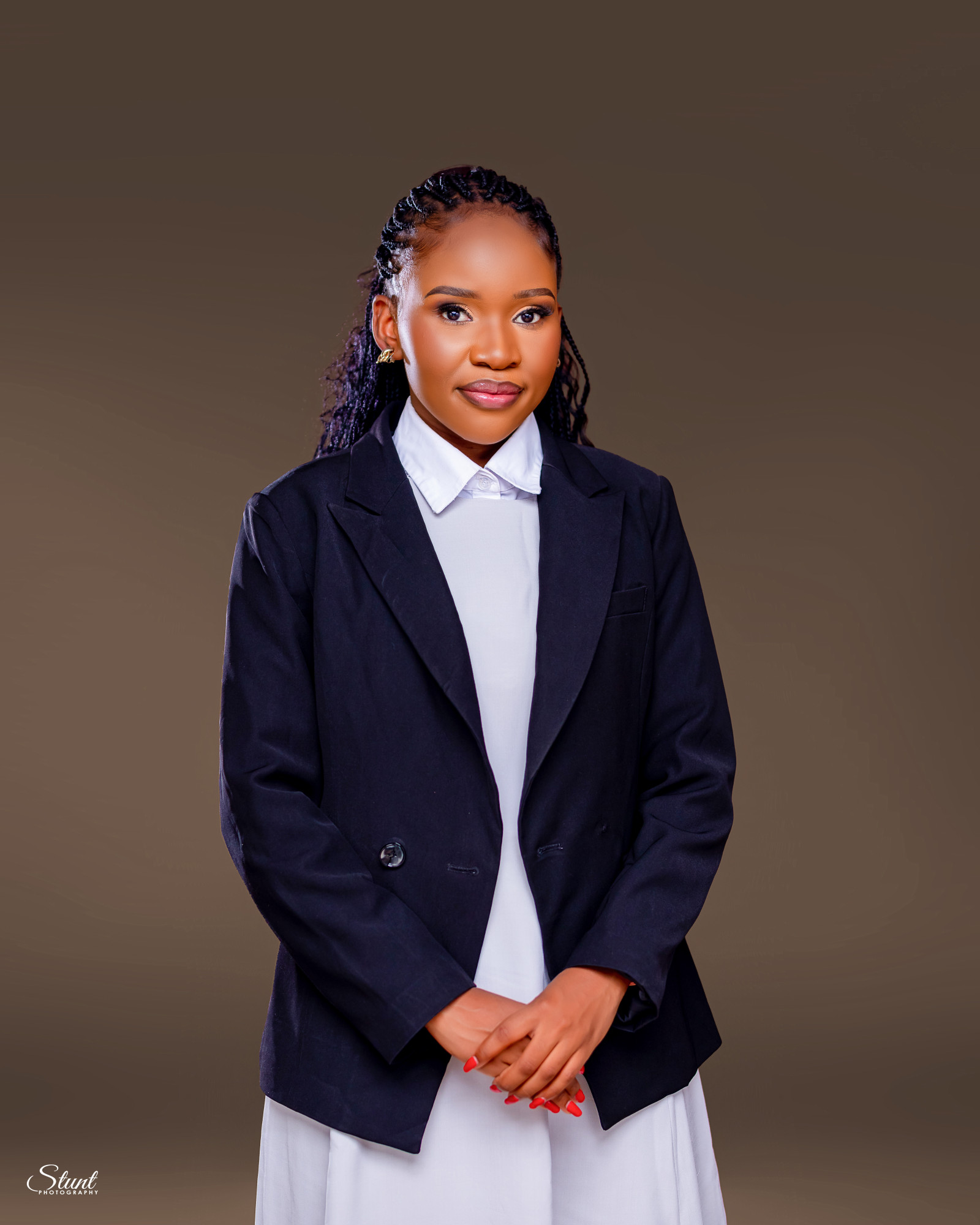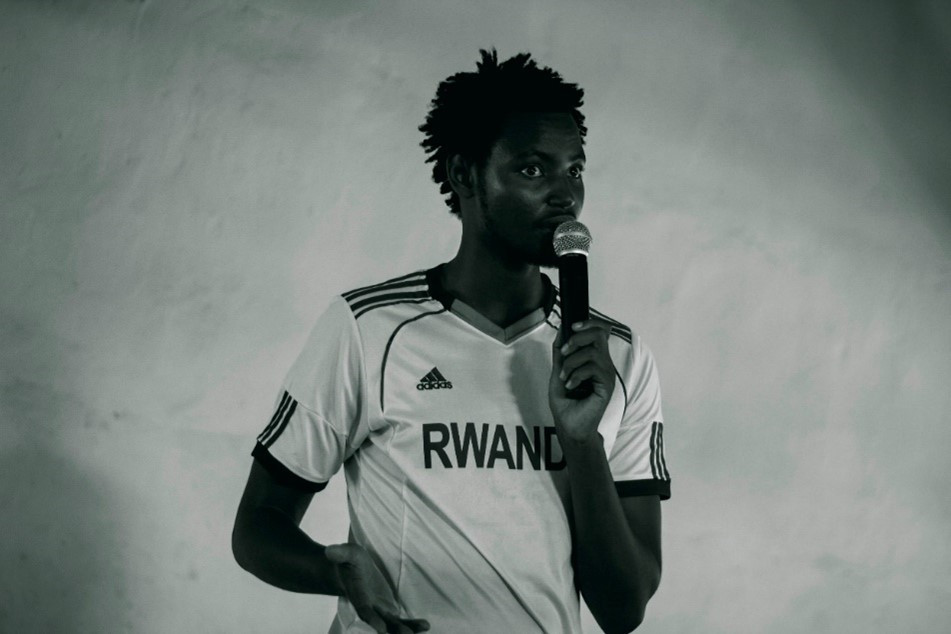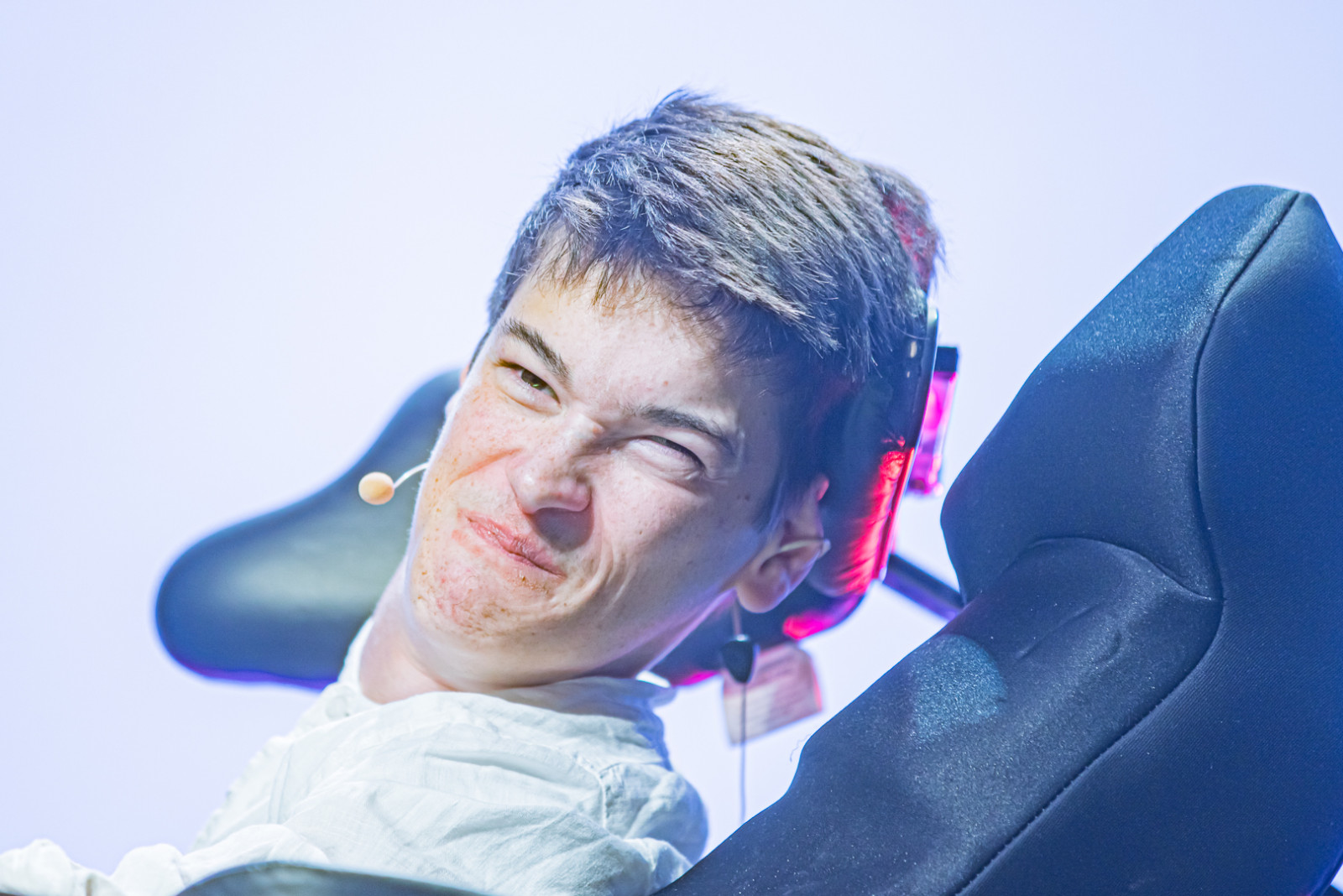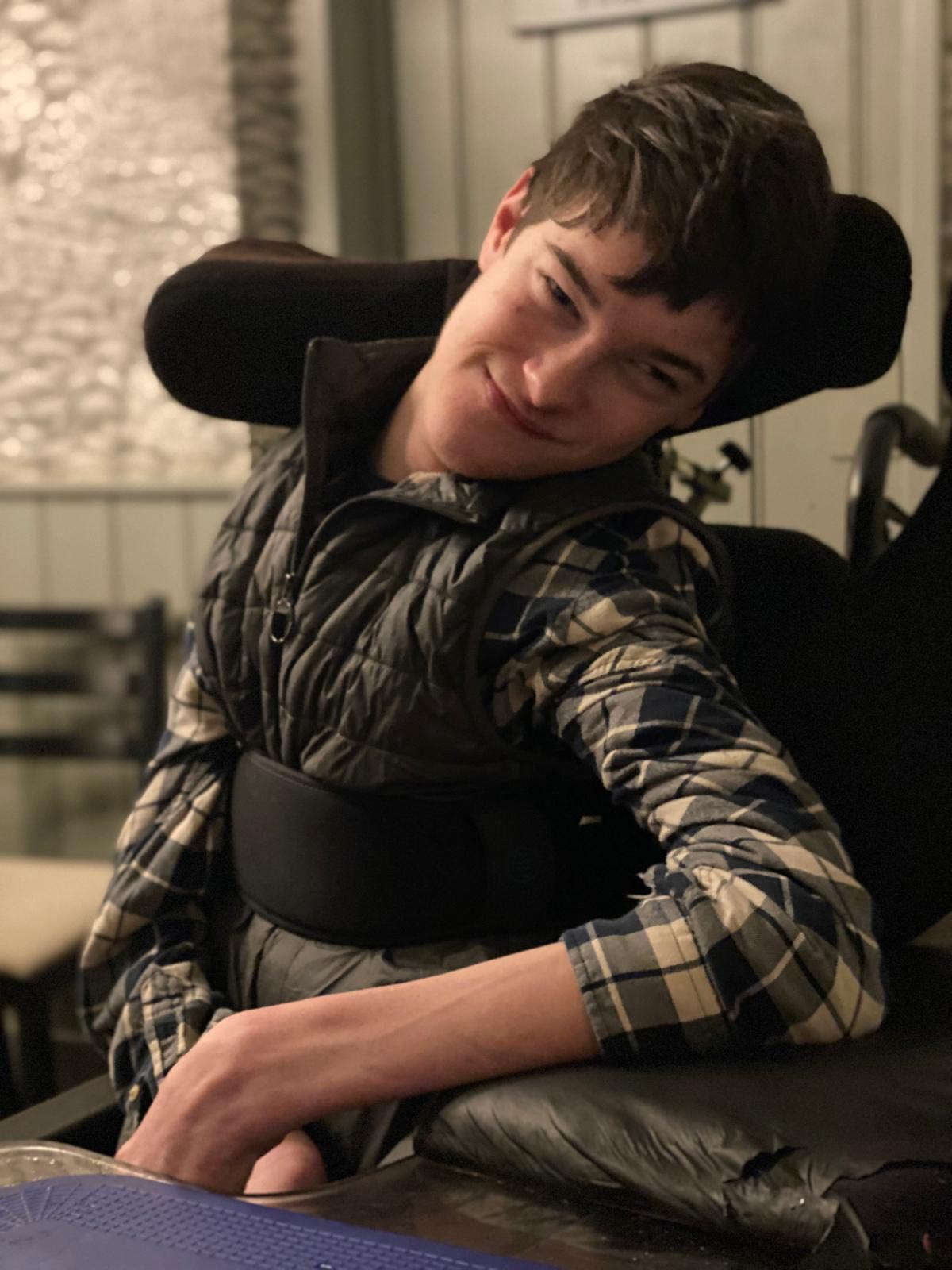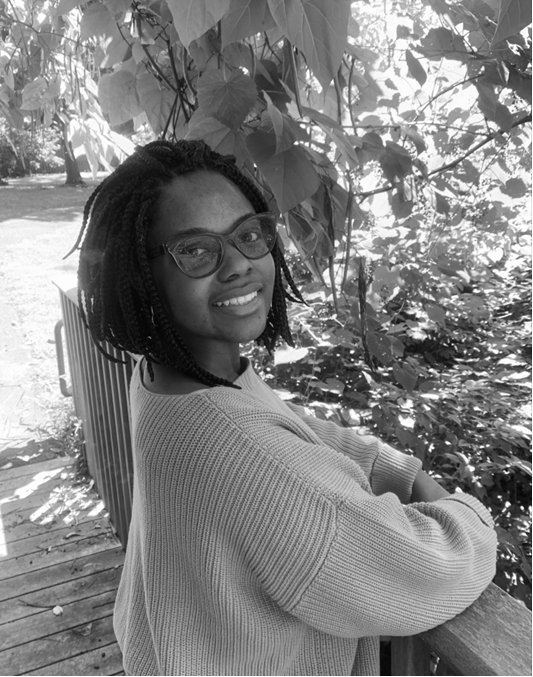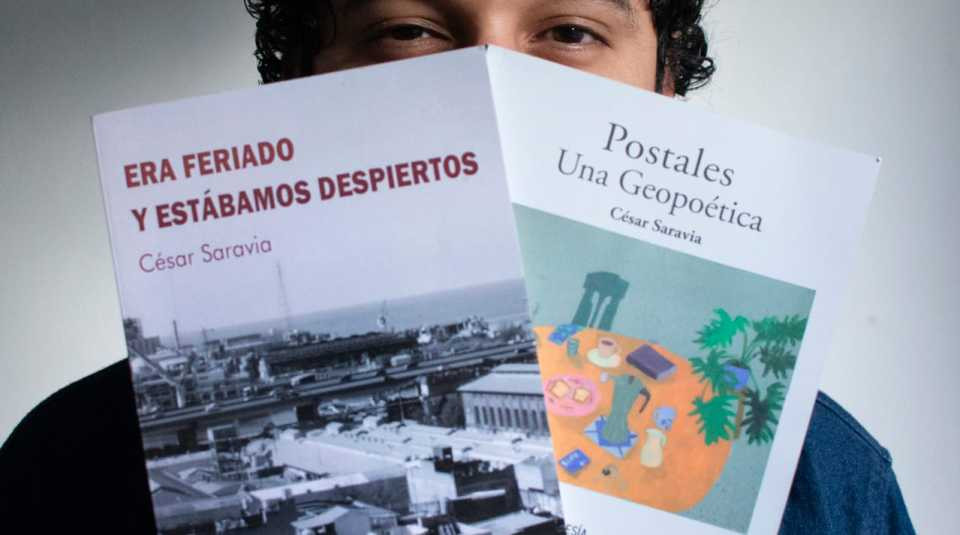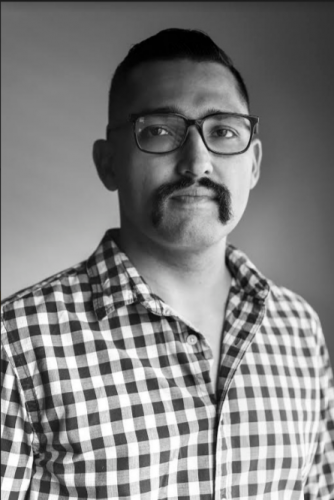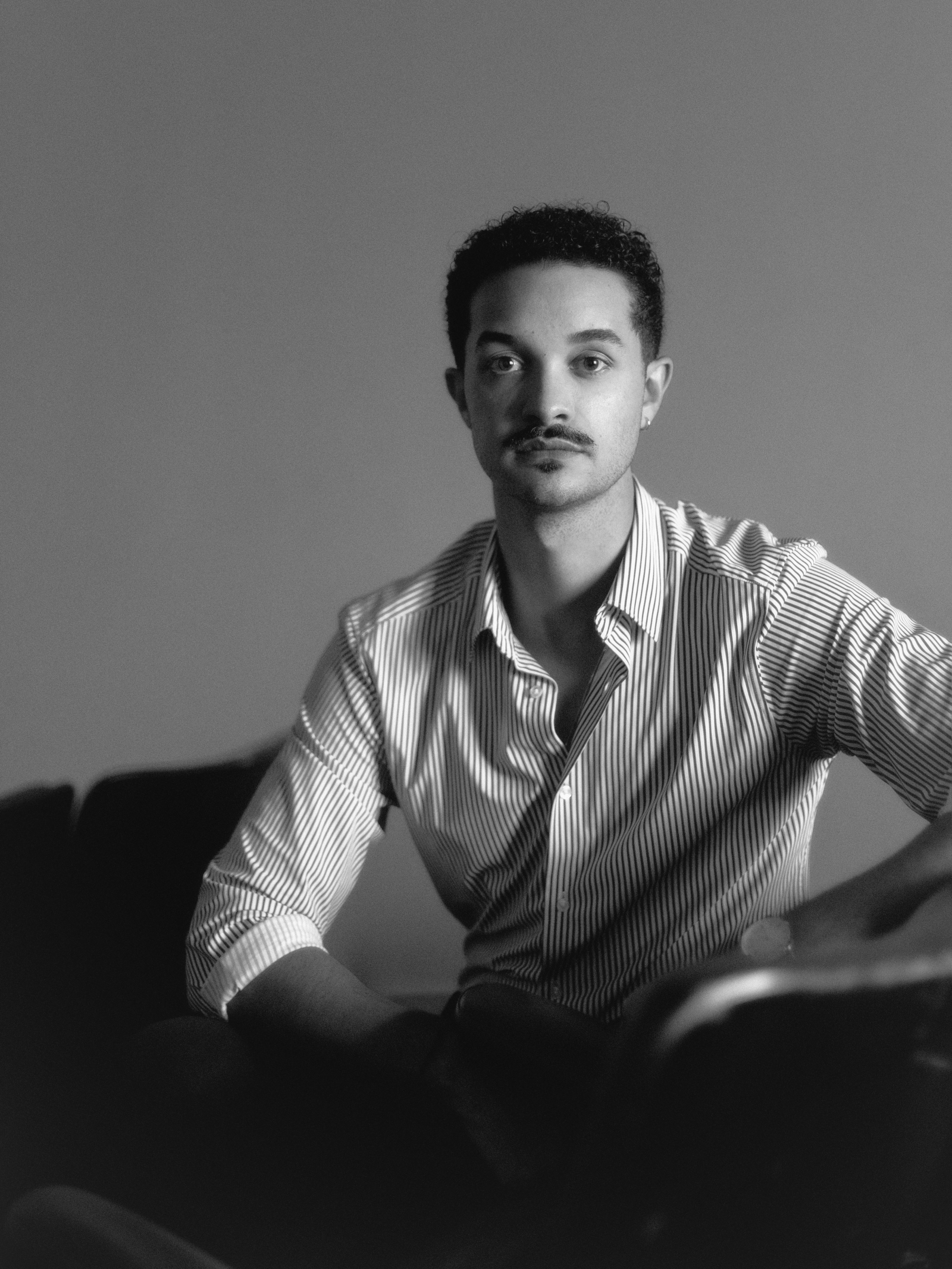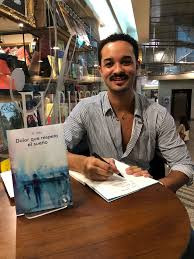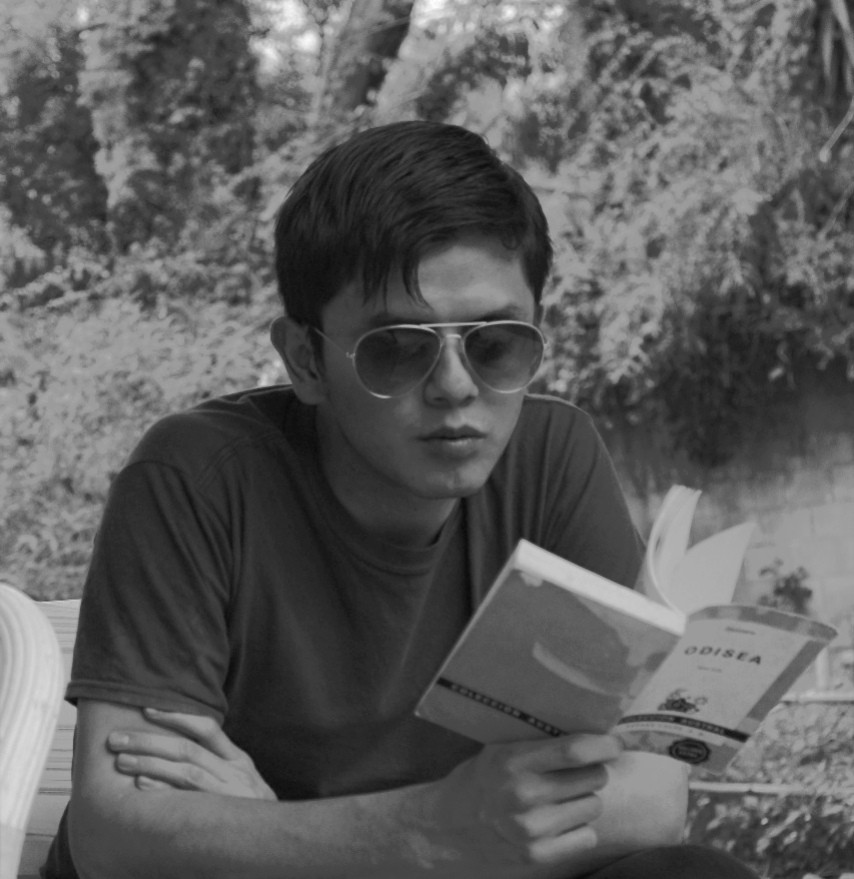Listen to the podcast interview with project Manager, Ege Dündar and Americas writers Deepa Rajagopalan, Shelby May and Michaela Lagalla on our series Brave Young Voices
Old Honey
And so I return. This papaya tree familiar, that banana tree new. The
house, a ragged, sagging thing now. Years of asafoetida and coconut oil
cling to its walls that even bottles of Dettol cannot strip. The kennel
keeps a new dog now, a poor replica of my Ammu. She is loyal to no one,
my grandmother shouts through the window. Ten years added to the bags
under her eyes, she sits on the blue sofa, peeling potatoes and stripping
green beans of their rough edges. Her edges, softer now. Her shrivelled
hands, a source of comfort, like maps full of knowing. The kitchen
cabinets swollen, incapable of closing, letting in a line of black ants to the
honey jar. The rooms of my teenagehood filled with knives and books
that used to be mine. Letters from an old lover, written in browning
blood. Termites ate away the lilac shelves, leaving naphthalene balls to die
along with lizards who abandoned their tails at the first sight of danger.
The way I abandoned myself all those years ago, in this very room,
staring at the ceiling fan, unable to hold the hate for my strung self. The old
boom box still works, spitting out the Novembering of my youth.
The grain of marble that used to be teaming with meaning is just
grain now. The bigness of that old pain overshadowed by the roads I
have lost since. This house so far from who I have become.
Waiting Room
With knotted hands, and swollen, sullen ankles
I trace the shape of you—
a speck of me, on the screen,
a throb, a blip, a gash so deep.
Yes, there it is, she said,
like you were an it. Are you sure? she said. My cheeks stung,
staining melanin. My eyes: tell me what to do. No crying,
she said. Yes or No?
I think you were a he,
with my chin, and your father’s fingernails.
Sometimes, I dream of you,
not intentionally, of course.
Maybe I would still like your father
if you had made it in one piece.
Or maybe you would resent me
for the resentment my marrow would carry.
We tell ourselves the things
we need to tell ourselves.
The choice, my choice, still a lighthouse that kept me
from losing my way, from drowning
before I could learn to swim.
Two incongruities true, at once. Always. Relentless.
Still can’t bring myself to remember
the shape of you inside me.
Here’s what I remember:
the blue chairs in the waiting room,
the fluff of the nurse’s marshmallow cookies,
the violence of the maxi pads.
A Ghazal for Tomorrow
Is this how it begins? The beginning of the end of our kind?
How could we have known, when we set out, that the descent would be of this kind?
We set out doubtless, spotless, our chins pointing skyward, certain,
of the thing we wanted to do, certain of the ambition of our kind.
Unswerving, relentless, heads down, eyes on the prize. All the times
we stayed silent, convinced we were above the concerns of humankind.
We killed and plundered and raped with abandon. How could we,
who weren’t taught to value our lives, value the lives of another kind?
Burnt whole parts of ourselves in the pyre kept ablaze by the
emperors of gluttony–the ticket for entry was too costly for our kind.
Into the pyre we threw our words, our awards, the things that caused our hearts to
leap. “Will you make rotis with your medals?” tattooed into our brains, piercing and unkind.
We stood at the doorway for years, holding out for that elusive pot of gold,
that simultaneously repulsed us, and propelled us, both promiscuous and worst of its kind.
And now, deep inside the belly of the desert, hundreds of miles from any
landmark, we are burning. This desert, golden, waterless, horizonless–that kind.
Now, when all the will we mustered to do all the things our bodies refused, is spent, we vomit
out our kidneys, our intestines, a bloody gall bladder, innards of every kind.
When the end is also a beginning, when we must draw our own maps,
when the road is littered with crumbs of temptation, we must only accept gifts in kind.
Be the leaf you found this morning, Deepa, on your walk to nowhere–half green,
half red, yet nothing binary about it. There is nothing left to be, but kind.
Lineage
The past is of no use to me, I say
to a new lover who clings to his ex like cat hair to velvet.
I want to settle in, take a big bite of the present,
I want to taste it, devour it, swallow it whole.
The past is of no use to me, I say
and yet, and yet, I go back, at every chance I get.
I go back to my mother’s crumbling old house
with its thick stone walls, now mossy and mouldy.
I go back to see if I have shed the shame,
the shame that entered through umbilical blood.
My mother and me, as different as rabid red
and bruised indigo, tethered in knotted, tangled, love.
The past is of no use to me, I say
and yet, and yet, I find myself on a plane beset with gloom,
I find myself at the fork in front of my grandmother’s house.
To see if I have shed the shame, the shame that coursed through
her spine, her eyes, her varicose veins,
the shame that made her grow small, smaller than her youngest grandchild.
The past is of no use to me, I say
and yet, and yet, my legs take flight, unbeknownst to me,
until I am smack in the middle of my great-grandmother’s old naalukettu
with its dark, long, hallways, hemming in the courtyard open to the sky,
laden with secrets, heavy as silt. To see if I have shed the
shame my great-grandmother carried when she wrote
whole novels about women wanting things they
weren’t allowed to want in real life, under a pen name—a man’s name,
when she carried a baby—baby grandmother—before she married
her lover. She carried this lineage, these words, these stories
so I could write them down, all these years later,
and put my name, my real name—against them.
The past is of no use to me, I say to my new love,
as I take a big bite of the mulberry pie I baked,
mulberries I grew in my garden, swollen with
desire, from the shame I threw in the compost last summer.
About the author:
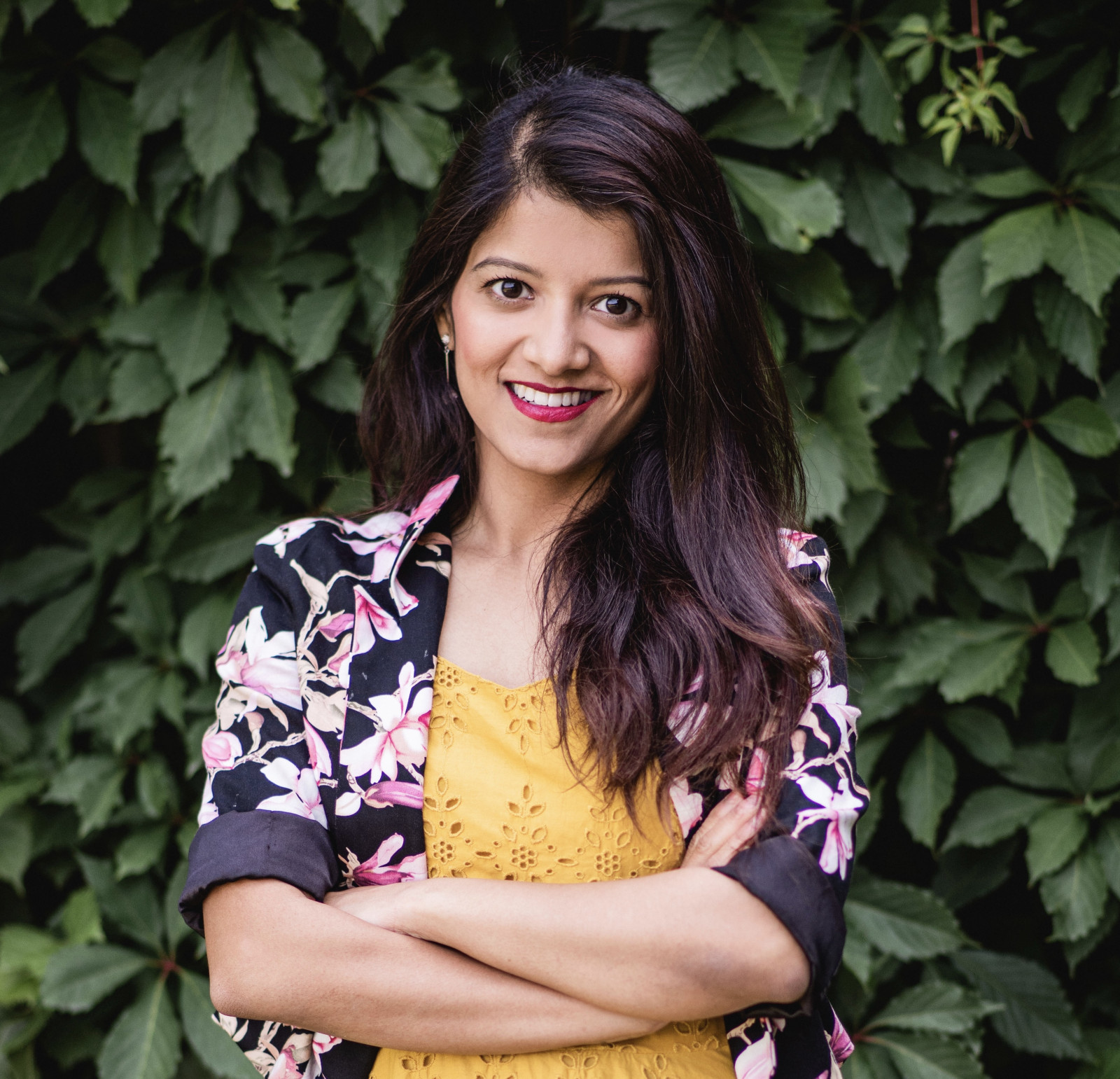
Deepa Rajagopalan is the author of the short story collection, Peacocks of Instagram, shortlisted for the 2024 Giller prize, and an Apple Books Best Books of the Year 2024. She won the 2021 PEN Canada New Voices Award for the title story of the collection. She has an MFA in Creative Writing from the University of Guelph.
Born in Saudi Arabia, Deepa moved to India as an adolescent, and later to the United States and Canada in her twenties. She is now working on her first novel, We Have Come Empty Handed, about a disparate group of Indian workers in Saudi Arabia, whose lives become entangled, caught in the exigencies of war, deception, and intolerance.
